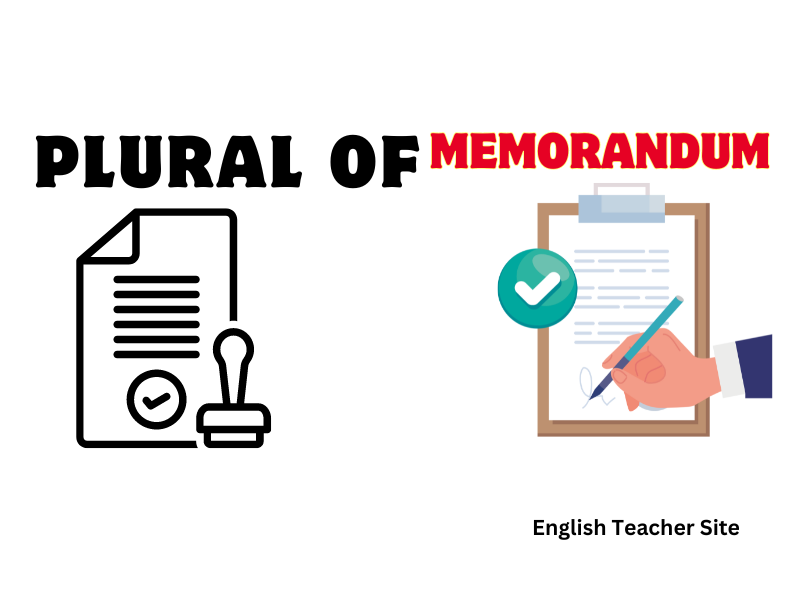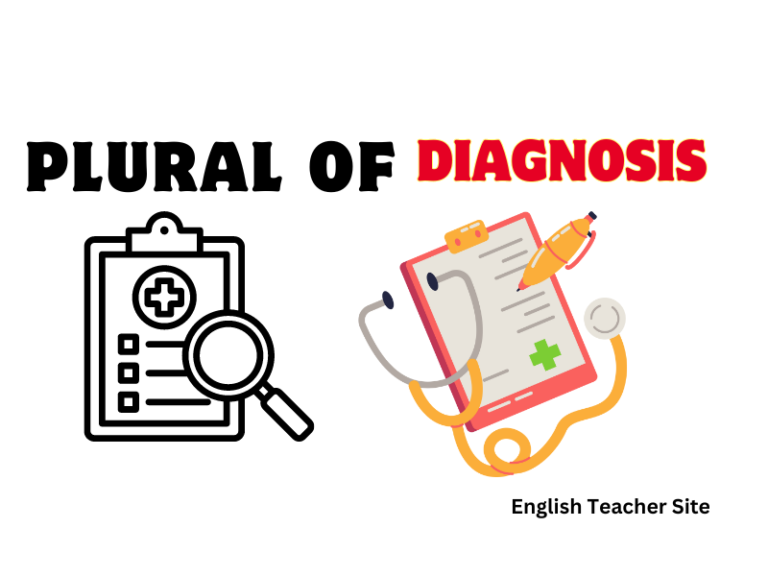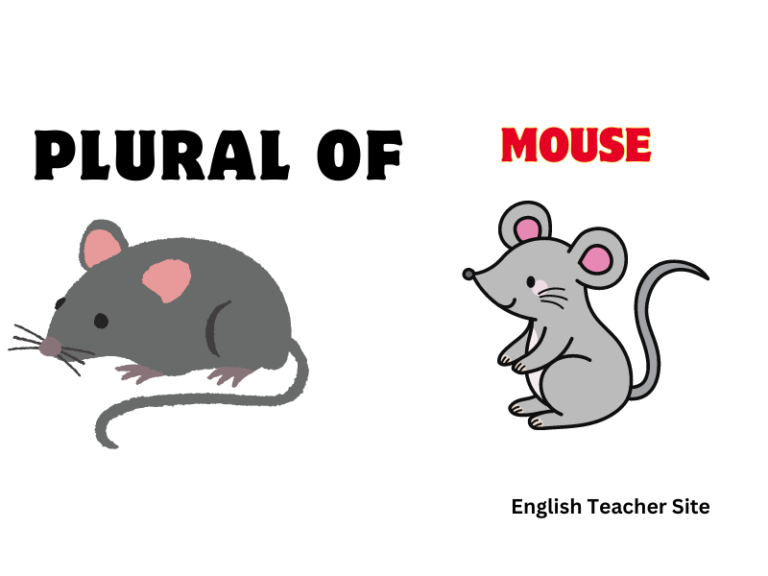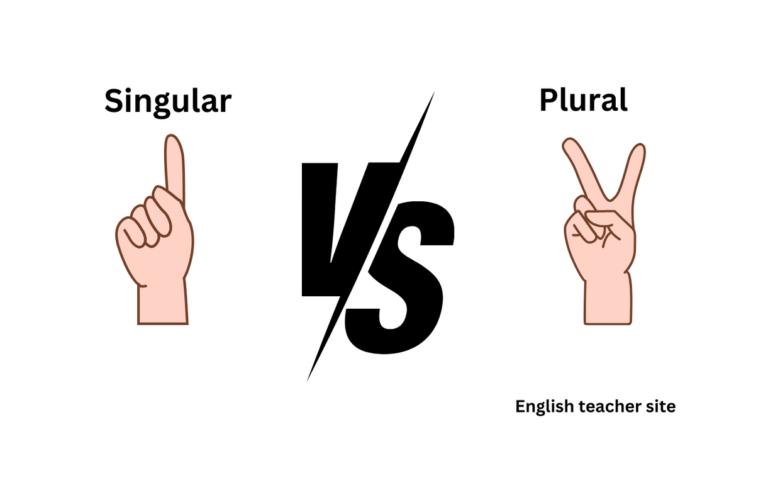What’s the Plural of Memorandum: Understanding the Variations

- “Memorandum” has two plural forms, “memoranda” and “memorandums.”
- The choice between “memoranda” and “memorandums” often reflects the context’s formality.
- Understanding the correct pluralization impacts the word’s proper usage in communication.
The English language is full of nuances, especially when it comes to the plural forms of nouns. A case in point is the term “memorandum,” which originates from Latin and is used to denote a note or document serving as a reminder or a form of communication. As with many words borrowed from Latin, the pluralization of “memorandum” follows a unique set of rules that can cause confusion among speakers and writers.
What’s the Plural of “Memorandum”?
Traditional Pluralization
In classical Latin, “memorandum” becomes “memoranda” when referring to more than one note. This traditional plural form is widely accepted and used in formal writing.
Contemporary Usage
Alternatively, the modern English plural “memorandums” is recognized and used in regular communication. It follows the regular English convention of adding an “s” or “es” to create plural nouns.
Here is a table contrasting the two plural forms:
| Singular | Plural (Traditional) | Plural (Contemporary) |
|---|---|---|
| memorandum | memoranda | memorandums |
Usage Examples
Formal documents may prefer the use of “memoranda”:
- Annual financial reports often include several memoranda addressing various topics.
Informal or less formal settings may opt for “memorandums”:
- The supervisor emailed three memorandums last week regarding the new work from home policy.
Is “Memorandum” Singular or Plural?
Singular Form:
- The word “memorandum” itself is singular, describing one such document.
| Singular | Meaning |
|---|---|
| Memorandum | A single document or note intended for communication or reminder. |
Plural Form:
- “Memorandum” becomes plural when referring to multiple documents.
| Plurals | Usage |
|---|---|
| Memorandums | An accepted modern English plural form for “memorandum”. |
| Memoranda | The traditional Latin-derived plural form of “memorandum”. |
Rules and Usage:
- Both “memorandums” and “memoranda” are correct, but their usage varies by context and preference.
- In formal writing and where traditional style is preferred, “memoranda” may be more commonly used.
- For modern English usage, particularly in less formal contexts, “memorandums” is widely accepted.
Latin Nouns Ending in –on/-um and -a
Singular and Plural Forms:
| Singular (Latin Origin) | Plural (English Adaptation) |
|---|---|
| phenomenon | phenomena |
| criterion | criteria |
| memorandum | memoranda |
Neuter Nouns Patterns:
- -on → -a
- -um → -a
Examples of “Memorandum” Used in Context
In Formal Settings:
| Situation | Example of Memorandum Usage |
|---|---|
| Corporate Communication | A CEO might issue a memorandum outlining the strategic direction for the fiscal year. |
| Legal Documents | Lawyers may exchange memoranda regarding case details or interpretations of law. |
In Informal Settings:
Office Notifications:
- Please refer to the memorandum regarding the changes in office hours.
Quick Briefings:
- The manager sent a memorandum to his team about the upcoming client meeting.
In an educational environment, a memorandum can serve as a means to convey information about policy changes or administrative notices to faculty and staff. For instance, a principal may use a memorandum to inform teachers about the implementation of a new grading system.
The word “memorandum” also manifests in diplomatic relations, where countries may draft a memorandum of understanding signifying an agreement between two parties. This type of document stands as a formal yet non-binding agreement, detailing the intentions of the cooperation.
Lastly, in technical fields, memoranda are frequently used to document procedures, experimental results, or to issue technical guidelines to teams.
Examples of “Memoranda” Used in Context
The CEO distributed several memoranda to the staff, detailing various procedural changes.
After the meeting, the committee members received memoranda outlining the discussed proposals.
The archives contained memoranda dating back to the company’s inception.
Different Forms of Memorandum in Context:
| Singular | Sentence Example |
|---|---|
| Memorandum | A memorandum was sent to address the policy updates. |
| Plural | Sentence Example |
|---|---|
| Memoranda | The board reviewed multiple memoranda before finalizing their verdict. |
| Memorandums | Staff were confused by the conflicting instructions in the latest memorandums. |
Usage in Different Fields:
Legal: In law, memoranda often reference formal records of transactions or briefs submitted to a court.
- Example: The legal team prepared several memoranda of law to support their case.
Business: In business, memoranda can be directives, informative updates, or summaries of agreements.
- Example: Memos were issued after the merger to introduce the new management structure.
Government: In governmental agencies, memoranda may be used as an official mode of communication between departments.
- Example: The state department circulates memoranda regarding changes in foreign policy.
Academia: In academic circles, memoranda might document the minutes of faculty meetings or disseminate important announcements.
- Example: The dean’s office issued memoranda concerning the upcoming accreditation process.
Synonyms of “Memorandum”
| Formal Synonyms | Informal Synonyms |
|---|---|
| Directive | Note |
| Proclamation | Reminder |
| Notification | |
| Bulletin |
Below is a list of synonyms categorized to reflect different uses of a memorandum:
As a formal record or announcement:
- Declaration: Usually a public or formal statement.
- Bulletin: A brief report or statement, often used for public announcement or wide distribution.
For workplace communication:
- Notice: A written announcement intended to inform.
- Circular: A message distributed to a number of people within an organization.
For giving instructions or directions:
- Directive: A formal instruction from an authoritative body.
- Guidelines: Policies or rules provided as a guide.
As a reminder or a reference:
- Agenda: A list that outlines the points of discussion.
- Checklist: A list of items to be checked or reviewed.
Origin of the Word “Memorandum”
The term memorandum has its roots deep in linguistic history, originating from the Latin language. Specifically, it is derived from the Latin word “memorandus,” which signifies something worthy of remembrance or noteworthy. This Latin term itself stems from “memorare,” a verb meaning “to call to mind.”
Latin Root and Meaning
| Latin Term | Meaning |
|---|---|
| Memorandus | Worthy of remembrance |
| Memorare | To call to mind |
The word memorandum serves as the neuter gerundive form of memorare, involving a concept to be remembered or noted. This link underscores the word’s intended function—a tool for remembering or noting important information.
Evolution into English
- The adaptation into English maintained the essence of the term.
- It became synonymous with a written record to aid memory.
- The term evolved into common use for official or professional communications.
Historically, memoranda were informal written notes used primarily within diplomatic circles or among offices. The convenience and simplicity of such communications ensured that they became a staple in professional settings.
Modern Usage
- A memorandum today, often abbreviated as memo, is a concise document.
- It’s a way to convey information, directives, or reminders.
These brief forms of communication reflect the term’s etymological origins, where memorability and the act of noting are central. Memorandums serve the crucial role of ensuring information is effectively communicated and retained within an organization.
Sources
My name is Khamis Maiouf. I am the creator of the English Teacher Site, dedicated to providing valuable resources and insights for students around the world. With a passion for education and a commitment to helping students enhance their skills, I aim to make English teaching more effective and enjoyable for both educators and students.






